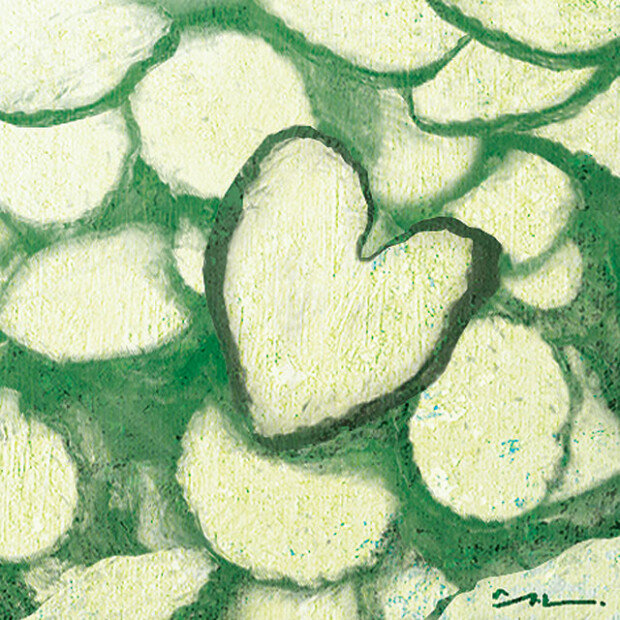Definition of a good poem
Definition of a good poem
Posted October. 20, 2018 07:24,
Updated October. 20, 2018 07:24

People often ask me which poem is a good poem, but there is no answer to that. If there exists an answer, the word “good” comes to lose its original meaning. People seem to look for answers when they feel that a certain poem is good. Still, if I am asked again, I will say that if you feel a poem is like your own story, it would be a good poem. Take Bok Hyo-geun’s poem titled “Hobakogari” for example. If the poem makes you remind of your mother and “hobakogari,” then this poem becomes a good one.
“Hobakogari” refers to zucchinis cut into slices and dried. They are common ingredients that can be used in various dishes. Dried ones can be seasoned for a side dish, or can be put into the traditional bean paste stew. A mother always prepares lots of food and a son tends to skip meals, so much of the “hobakogari” must have been left. Finding the forgotten zucchini slices, the poet hurriedly starts cooking. Handmade by his mother, they are precious food that cannot be compared to those sold in the market.
I also have the “hobakogari” in my veranda. They were also cut by my mother’s rough hands, and dried through sunlight that shone over my mother’s house. As you may have realized, the true nature of “hobakogari” is mother’s love. Her love has taken an express bus to come here, and is hanging in my veranda until now. As the poet did so, I also hope to get the “hobakogari” from my mother every year. In this way, the poem becomes my poem, while still being the poem of Bok Hyo-geun. The poem also becomes your poem, if you have your own “hobakogari” in your memory or mind.







